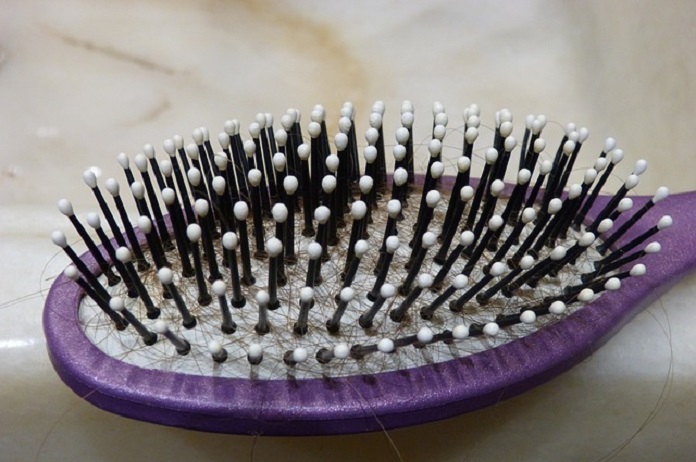Recent research investigated the effectiveness of a stem cell treatment for hair loss, with encouraging results.
Almost 50% of men and 45% of women over the age of 50 experience hair loss, commonly referred to as male (or female) pattern baldness. Hair loss is not life threatening but lowers the quality of life for those who suffer from it. Some current treatments available have side effects that can affect libido or cause erectile dysfunction.
Researchers in Korea have recently studied the effectiveness of using stem cells derived from fatty tissue in treating hair loss. Their study was published in Stem Cells Translational Medicine.
The researchers used stem cells that were taken from fatty tissue. These stem cells, called adipose tissue-derived stem cells, have been shown in previous studies to encourage hair cells to grow.
Thirty-four patients completed the study, twenty-nine male. The patients were randomly placed into two groups. The first group received a solution containing 1% stem cells, and the second group received a solution of distilled water. Both solutions were colorless and odorless, and the patients and researchers did not know which treatment they were using.
The researchers conducted an initial assessment of the patients’ hair loss. Then the patients were given the solution and instructed to massage 2mL of the solution into their scalp, twice per day every day for 16 weeks. The patients’ hair loss was assessed at week 8 and week 16.
Researchers took photographs of the patients’ scalps during each assessment visit. The photographs were compared to determine whether the treatment was effective. The patients also performed self-assessments of their hair loss. Hair count and hair diameter were also measured.
Patients using the stem cell treatment for hair loss experienced a 28% increase in hair count and 14% in hair diameter versus those using the placebo. Patients treated with the stem cells also rated higher on the visual assessment than placebo.
Patient self-assessment scores were slightly higher for the stem cell treatment, but the increase was not statistically significant. This is possibly due to the subjective nature of the evaluation, length of treatment, or patients’ expectation versus reality.
The patients did not experience any serious side effects from the stem cell treatment. Researchers hope the treatment can be used in combination with other hair loss treatments or as an alternative to them.



